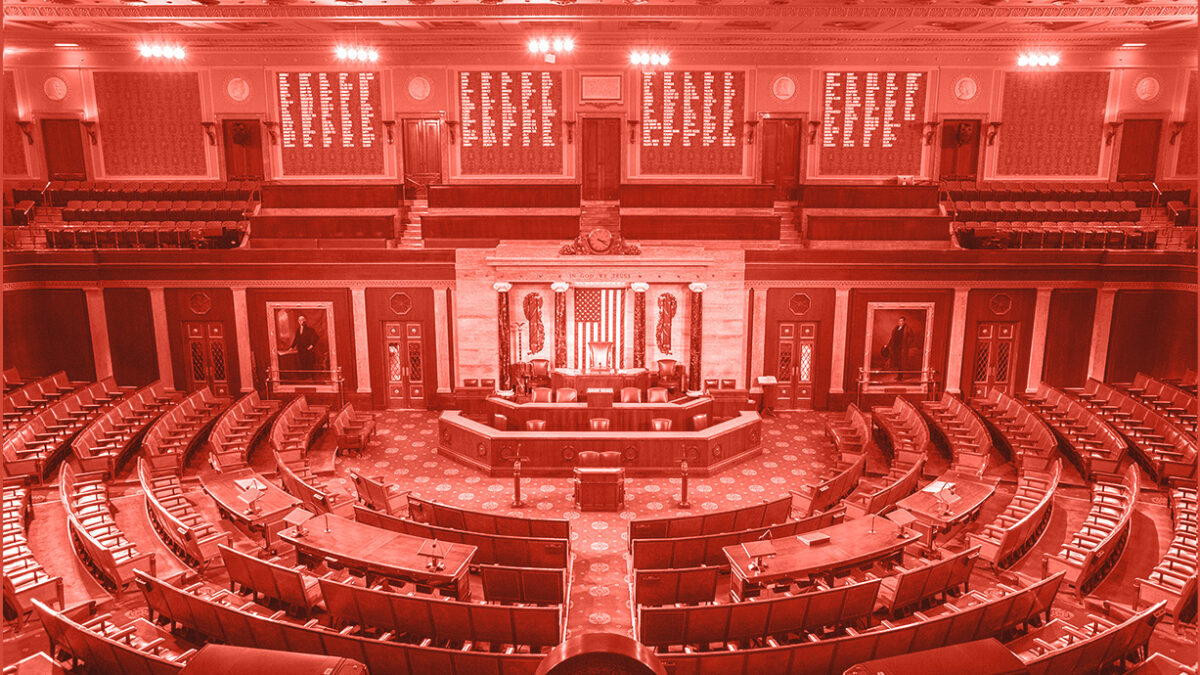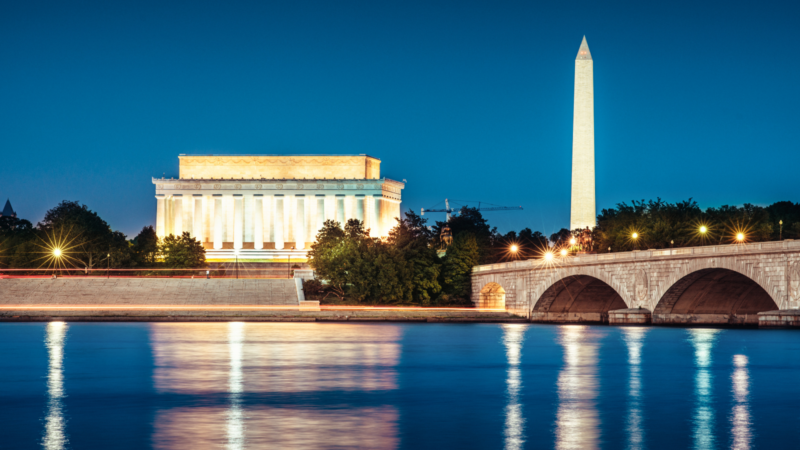Enforcement Provisions in New National Security Reforms Packages
- November 5, 2021

This analysis was originally published by Lawfare, here.
In the past several months, similar bipartisan reform packages have been introduced in the House and the Senate on war powers, national emergencies and arms sales. In July, Sens. Chris Murphy, Mike Lee and Bernie Sanders introduced the National Security Powers Act. In September, House Rules Chairman James McGovern, Rep. Peter Meijer and others introduced the National Security Reforms and Accountability Act (NSRAA).
These bills are the first holistic rethink of national security laws from the 1970s—namely the War Powers Resolution of 1973, the National Emergencies Act of 1976 and the Arms Export Control Act of 1976—since INS v. Chadha, the 1983 Supreme Court decision that brought a core element of those laws’ structures into constitutional doubt. Each of these laws empowered the executive branch to take certain national security actions, on the condition that Congress could press pause by passing a concurrent resolution—a measure that requires only the approval of a majority of both chambers of Congress and is not subject to a presidential veto—under expedited procedures, in what is generally called a legislative veto. But after the Chadha court suggested that legislative vetoes were most likely unconstitutional, Congress amended these statutes’ expedited legislative veto provisions to operate on the basis of joint (rather than concurrent) resolutions, which are subject to a presidential veto and would require support from two-thirds of both chambers to override such a veto if it were to occur. In effect, this severely raised the threshold of congressional support needed to countermand actions of the president, turning legislation that was designed to restrict presidential power into delegations of authority that expanded it…
Read the entire piece at Lawfare, here.
Related Content
Join Us.
Building a stronger, more resilient democracy is possible, but we can’t do it alone. Become part of the fight today.
Donate
Sign Up for Updates Sign Up for Updates
Explore Careers Explore Careers
How to Protect Democracy How to Protect Democracy
